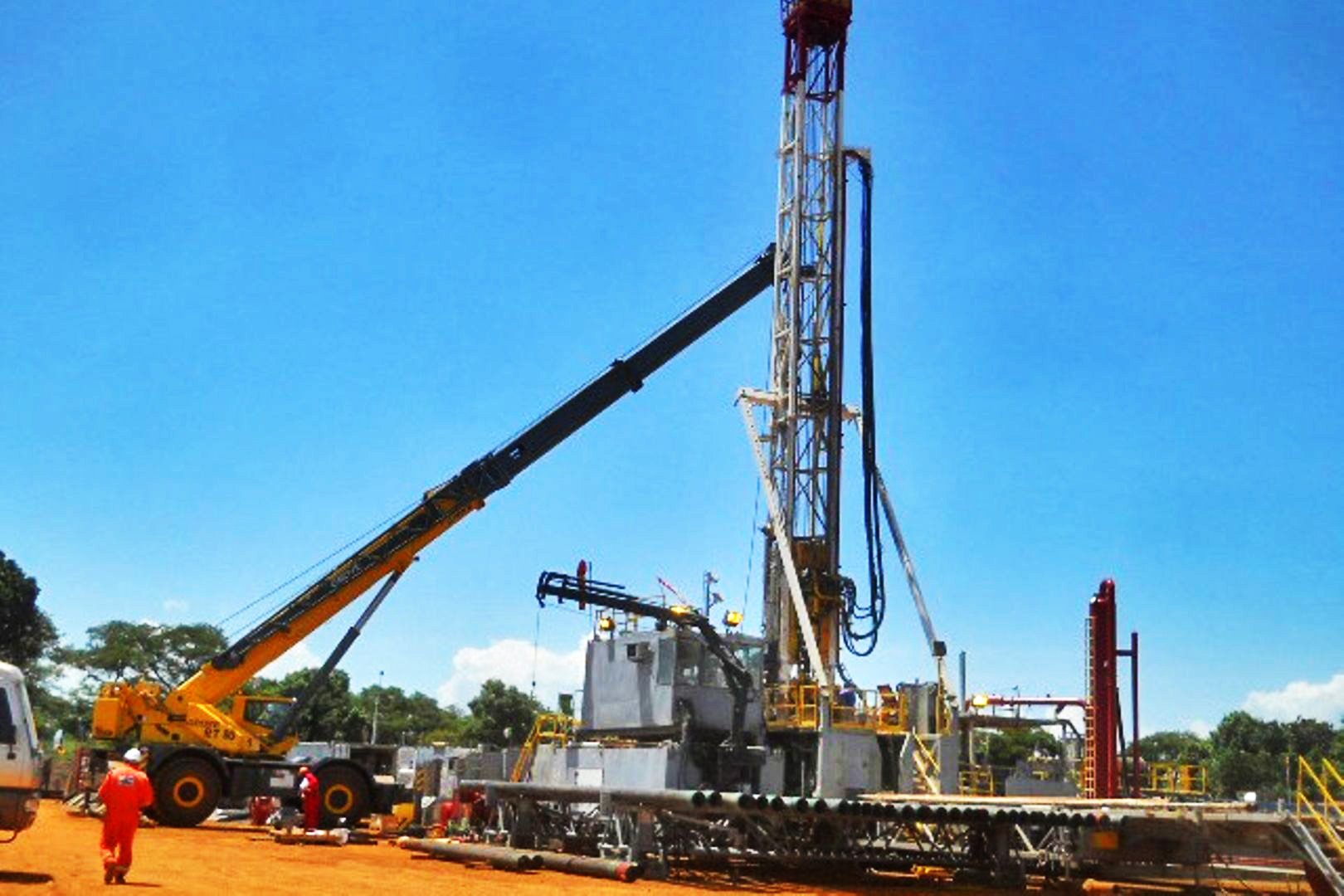East Africa Crude Oil Pipeline will transform trade in the region

What you need to know:
- The pipeline will provide a reliable and cost-effective means of transporting crude oil from the Albertine region to the global market, thereby boosting global energy security.
The East African Crude Oil Pipeline (EACOP) is a critical infrastructure project that is set to transform the national, regional, and global trade landscape.
The EACOP project will enable the transportation of crude oil from Uganda’s oil fields to the Tanzania port of Tanga, where it will be exported to international markets.
The project is expected to stimulate foreign direct investment (FDI) in the region, as it creates a favorable environment for investors looking to capitalize on the growing oil and gas industry.
Several multinational companies have already expressed their interest in investing in the pipeline.
The project’s completion will open up new local business opportunities, particularly in the telecommunications, transport, and service sectors.
According to the World Bank, the EACOP project will contribute to economic growth, employment creation, and poverty reduction in Uganda and Tanzania.
The project is expected to generate approximately $20 billion in revenues over the next 25 years, with more than $12 billion of this expected to go to Tanzania, and $7 billion to Uganda.
This project is expected to have a significant impact on the economies of Tanzania and Uganda, as well as the greater East African region.
This will be a significant boost to the economies of the two nations, which have been grappling with high levels of unemployment and underdevelopment.
The benefits of the EACOP project are not limited to Uganda and Tanzania, as the pipeline will also have a wider regional and global impact.
The project will create a new route for exporting crude oil from East Africa to global markets, providing a reliable and cost-effective alternative to existing routes.
This will help to reduce the cost of crude oil transportation, lowering the price of fuel for consumers worldwide.
In addition, the EACOP project is expected to stimulate the growth of the East African economies, through increased investment in infrastructure and job creation.
The project is expected to generate over 10,000 jobs during its construction phase and thousands more in the oil and gas sector, which will create a ripple effect across the entire economy.
Internationally, the EACOP project is set to transform global trade by providing a new source of crude oil to the global market.
The project will create new opportunities for international oil companies to invest in the region, thereby stimulating economic growth in the participating countries.
The pipeline will also provide a reliable and cost-effective means of transporting crude oil from the Albertine region to the global market, thereby boosting global energy security.
The EACOP project is expected to have a positive impact on the environment by reducing carbon emissions.
The pipeline will enable the crude oil to be transported to the global market in a safe and environmentally friendly manner, thereby reducing the need to transport the crude oil by truck or rail, which is less environmentally friendly.
The EACOP project is an essential infrastructure development for East Africa that will transform the national, regional, and global trade landscape.
Through the creation of a new route for exporting crude oil, the project will drive economic growth, create jobs, provide a reliable and cost-effective alternative to existing routes, and lower the cost of fuel for consumers worldwide.
Tanzania and Uganda are on the brink of an oil boom, with the EACOP project set to unlock the full potential of their oil industries and drive new opportunities for investment, growth, and development.
Rodgers Manishimwe,[email protected] @ishimwe_rodgers. Trade Expert




